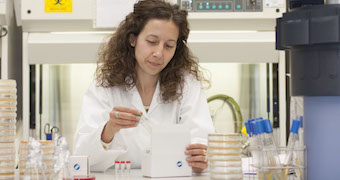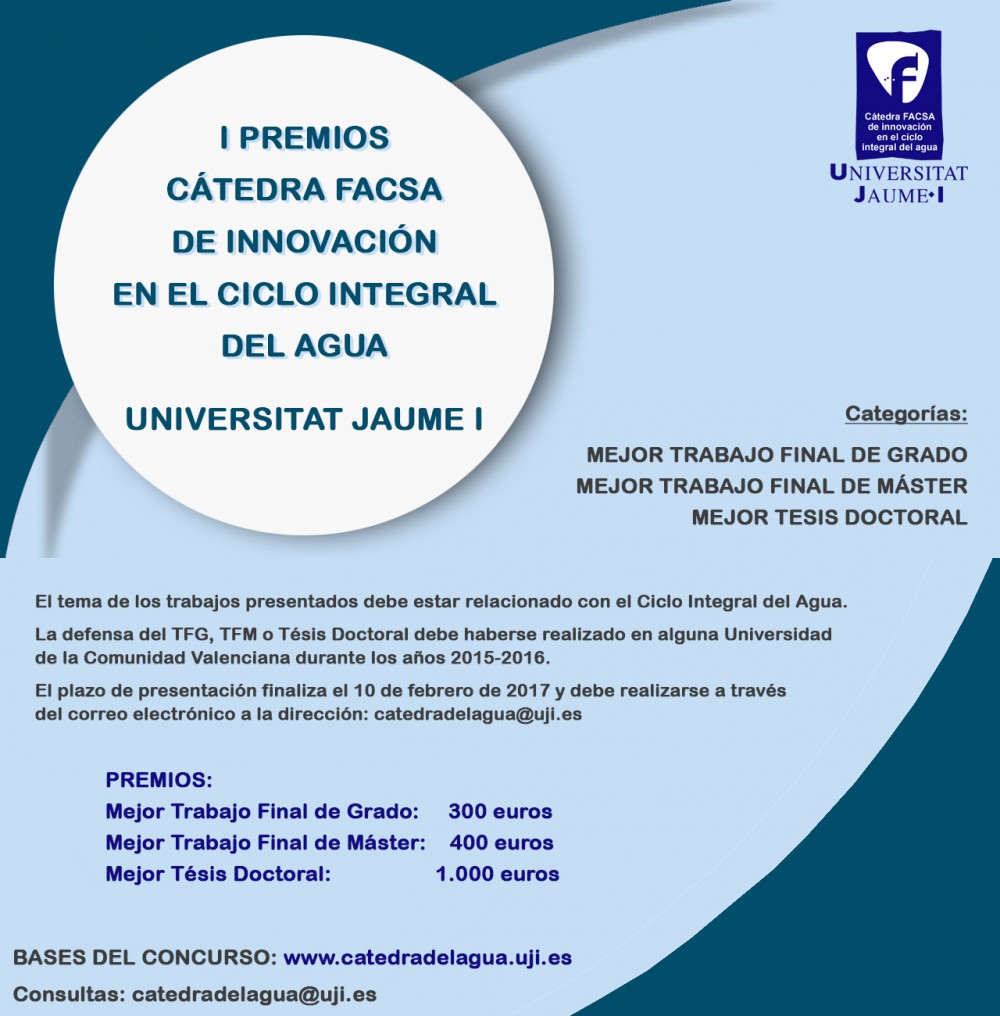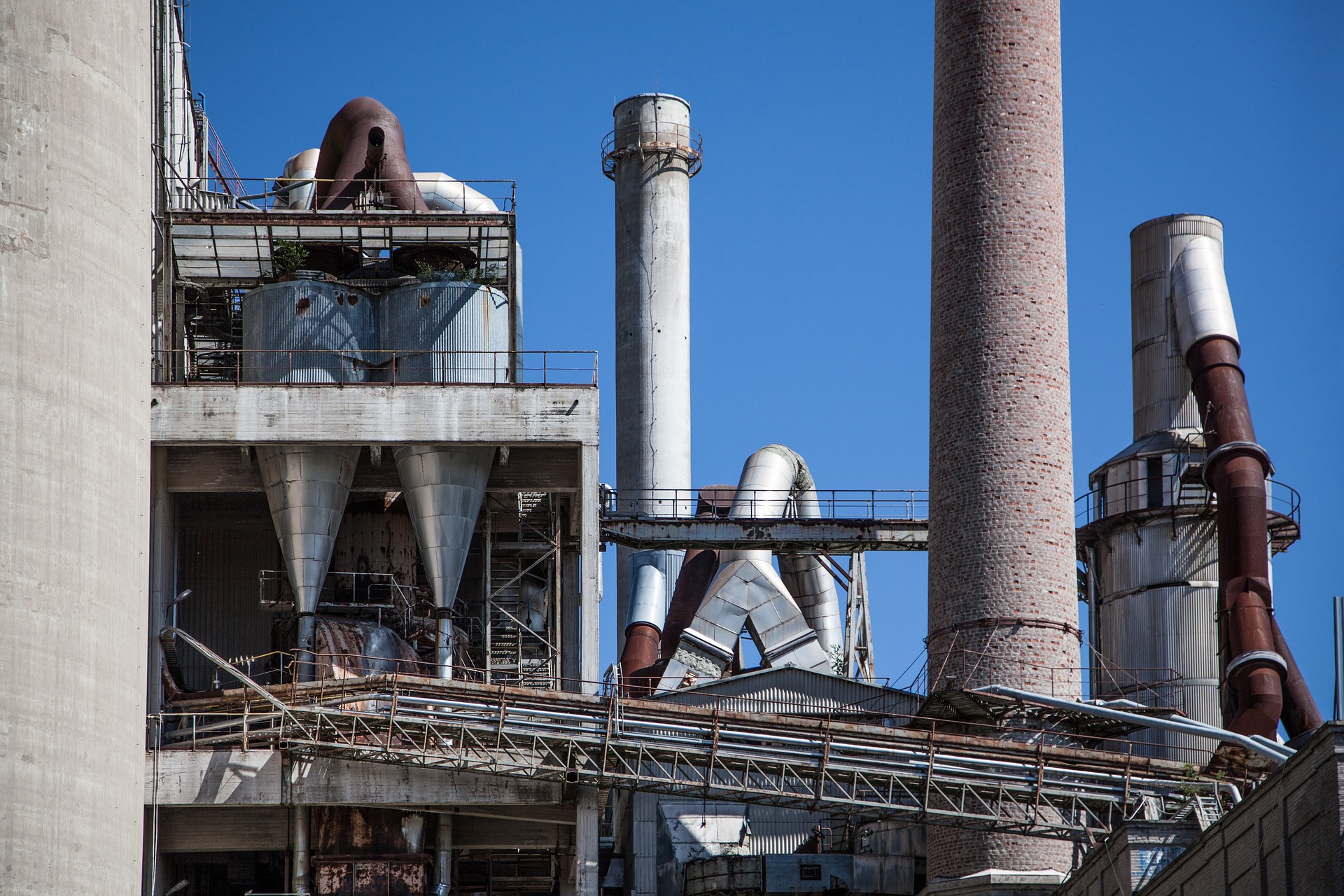
The Spanish Type Culture Collection (CECT) of the Universitat de València, the Aïgues de Barcelona General Society and the Bosch i Gimpera Foundation work in the project ‘Drinking Water Library’, aimed at creating the first database, for the MALDI-TOF technology, of micro-organism isolates in sanitary water. The identification of this type of aquatic plants supposes a qualitative improvement for the evaluation of the microbiological quality of water.
23 june 2016
Sanitary waters, both from the supply systems and bottled water, are not sterile despite being subjected to rigorous microbiological controls, but they contain environmental micro-organisms representatives of the usual microbiota of the ecosystem they come from. The quick and unequivocal identification of such micro-organisms represents an important quality improvement for the evaluation of microbiological quality of water beyond the indicator aquatic plants that are commonly analysed.
The consortium constituted by the Spanish Type Culture Collection of the Universitat de València (CECT), the Aïgues de Barcelona General Society and the Bosch i Gimpera Foundation-University of Barcelona participate in a joint initiative for the development of the project Collaboration Challenges ‘DRINKING WATER LIBRARY’ (RTC-2015-4496-2), whose objective is the development of a profile library MALDI-TOF MS, a mass-spectrometry technology usually used in clinical analyses, which will allow for identifying at low cost the micro-organism isolates of sanitary waters, both from water distribution networks and bottled water.
For the creation of this library are being used bacterial isolates from sanitary water samples of different treatment plants, supply networks and of bottled water, which are analysed and contrasted with reference strains of the CECT.
The project, being part of the “National Programme‐for Research Aimed at the Challenges of Society 2015” funded by the Ministry of Economy and Competitiveness, will be completed in September 2018. The generated data base could be used in research centres, public organization or public and private companies of safe water, although the aim is to widen its key use at a global scale.
With its headquarters in the Science Park of the Universitat de València, the Spanish Type Culture Collection (CECT) is the only public Microbial Biological Resource Centre in Spain and it acts as a holder and supplier of bacteria, archaea, yeast and filamentous fungi. In addition to R&D, its main aim is to provide reference microbiological material for the scientific international community. It offers services related with conservation, identification and characterisation of microorganisms, and also in the area of training and consultancy. It has a total of 8.559 microorganisms between bacteria, archaea, filamentous fungi and yeasts.
The appropriate training in the drinking water quality, as well as in the correct treatment of waste water, is one of the most important goals our study plan pursues. It is also an aspect which can contribute in a major way to the increase in our quality of life.
In our Master’s Degree, the courses Water treatment and Advanced modelling of water treatments intends to provide students with knowledge and abilities needed to pre-design installations for drinking water treatment, for water supply installations, as well as the treatments applied to debugging urban and industrial wastewaters.










